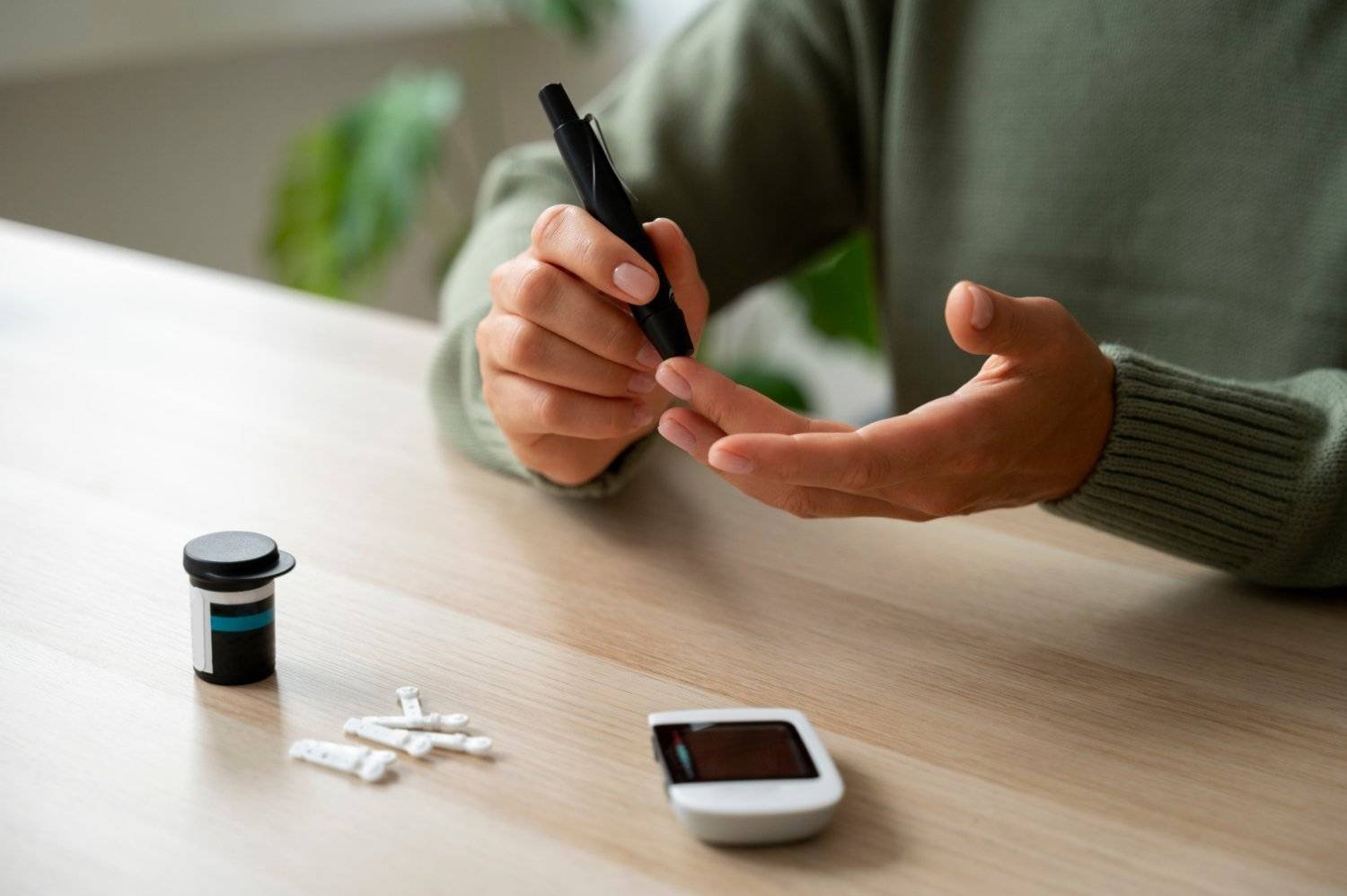Coffee powers our mornings and helps us get through long nights, making it a favorite for many. But let’s be real—coffee isn’t always as great as it seems. That rich aroma and warm cup may feel wonderful, but there are some downsides to think about before you take that next sip.

Coffee and Anxiety
First, let’s talk about anxiety and jitters. While caffeine can give you a needed boost, it can also make you feel anxious or jittery. If you’ve ever felt restless or on edge after that morning cup, you’re not alone. Too much coffee can lead to a racing heart and sweaty palms, which can be uncomfortable, especially for those who already deal with anxiety
How Coffee Affects Your Sleep
Now, consider how coffee affects sleep. Many coffee lovers don’t realize how much caffeine can disrupt their sleep. Having coffee later in the day can make it hard to fall asleep at night. Caffeine can stay in your system for hours, so that afternoon latte might keep you awake long after you want to go to bed. This lack of sleep can cause fatigue and irritability, so if you’re drinking coffee when you should be winding down, you might be sacrificing good rest for a temporary boost.
Digestive Problems and Coffee’s Acidity
Let’s not forget about digestive issues. For some, coffee can upset the stomach. Its acidity can lead to discomfort, heartburn, or acid reflux. If you have a sensitive stomach, coffee might make things worse, turning your morning routine into a rough start to the day.
The Cycle of Caffeine Dependence
Another concern is caffeine dependence. Many of us rely on coffee to jumpstart our mornings, but skipping it can lead to withdrawal symptoms like headaches and irritability. This can create a cycle where you need more caffeine just to feel “normal,” which often leads to drinking even more coffee over time.
Coffee’s Impact on Heart Health
Then there’s heart health. For some people, coffee can raise heart rate and blood pressure. While moderate consumption is usually safe, those with heart problems or high blood pressure should be careful. Caffeine can cause palpitations that might feel alarming.
Nutrient Absorption and Coffee’s Role
Coffee can also interfere with how well your body absorbs certain nutrients, like calcium and iron. If you drink coffee during or right after meals, it can make it harder for your body to absorb these important nutrients, leading to deficiencies over time.
Caffeine and Cortisol: The Stress Connection
Finally, caffeine can cause the release of cortisol, the stress hormone. High cortisol levels can lead to weight gain, mood swings, and a weakened immune system. A little caffeine can help you tackle the day, but too much can make you feel more stressed and less focused.
Conclusion: Finding Balance in Your Coffee Habits
In summary, while coffee can be a delightful part of life for many, it’s important to recognize its potential downsides. From increasing anxiety and disrupting sleep to causing stomach issues and affecting nutrient absorption, coffee isn’t always the miracle drink we think it is. If you love your daily cup, consider cutting back and paying attention to how your body feels. There are many other ways to energize and enjoy your day without relying solely on coffee.









